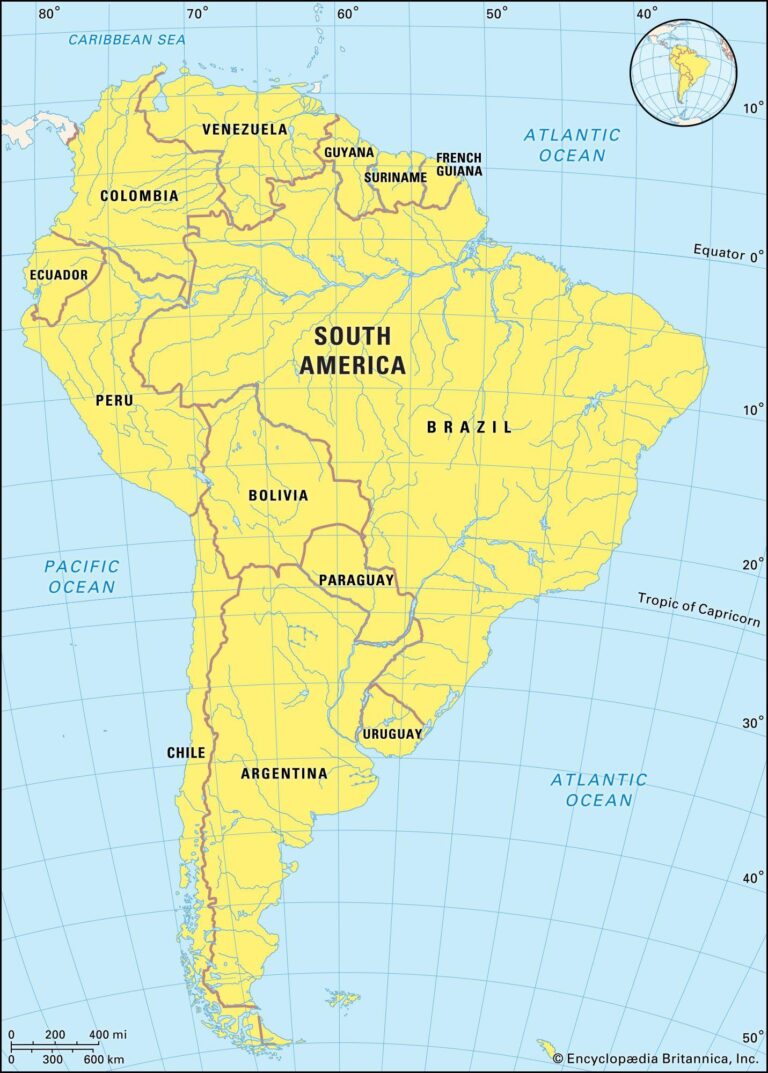Introduction
Landlocked developing countries (LLDCs) face various challenges due to their geographical limitations. Despite these challenges, many LLDCs are finding innovative ways to engage in the global economy. This article will discuss how LLDCs can become global players through strategic initiatives and international cooperation.
Understanding the Challenges of LLDCs
One of the primary challenges faced by LLDCs is their lack of access to international markets. Being landlocked can lead to increased transportation costs and reduced competitiveness. This geographic disadvantage requires LLDCs to adopt creative solutions to enhance their trade capabilities.
Infrastructure Development
Investment in infrastructure is essential for LLDCs to connect with global markets. Improving transportation networks, such as roads and railways, can significantly reduce logistical costs. Enhanced infrastructure is a key factor in facilitating trade and is often supported by international partnerships and funding.
Regional Cooperation
Collaboration with neighboring countries plays a critical role in the success of LLDCs. By forming regional trade agreements, LLDCs can collectively enhance their market access. Such collaborations also help in pooling resources and sharing knowledge, which can lead to mutual economic growth.
The Importance of Innovation
In an era dominated by technology, innovation is vital for LLDCs to thrive. By leveraging technology, LLDCs can improve productivity and enhance their global competitiveness. Initiatives in areas like e-commerce and digital finance are enabling countries to circumvent traditional barriers to trade.
Sustainable Development Goals
Participation in the Sustainable Development Goals (SDGs) can provide framework for LLDCs to pursue global engagement. By aligning with SDGs, these countries can attract international support and investment. This alignment demonstrates a commitment to sustainable practices, making LLDCs more appealing to global partners.
Conclusion
Despite the considerable obstacles they face, landlocked developing countries can become significant players on the global stage. Through infrastructure development, regional cooperation, innovation, and alignment with global goals, LLDCs can unlock their economic potential. To learn more about the unique challenges and opportunities for these nations, visit Borgen Project.

